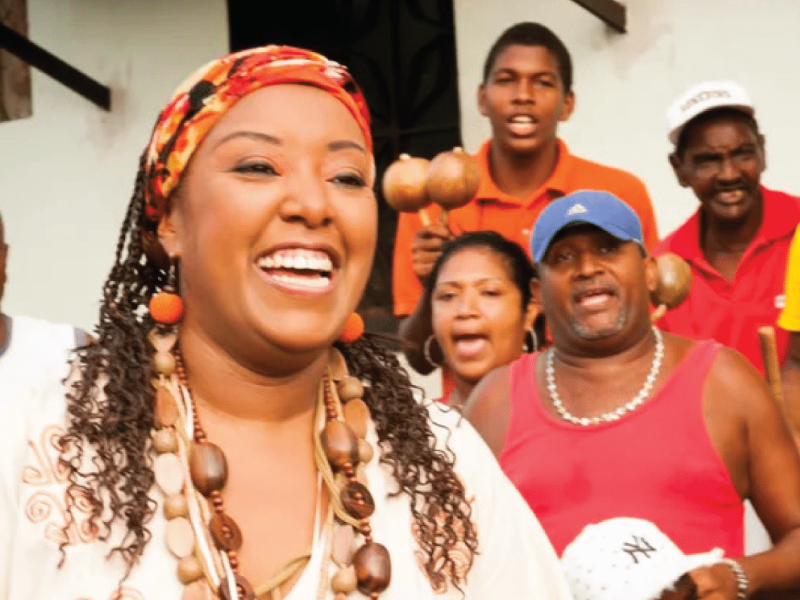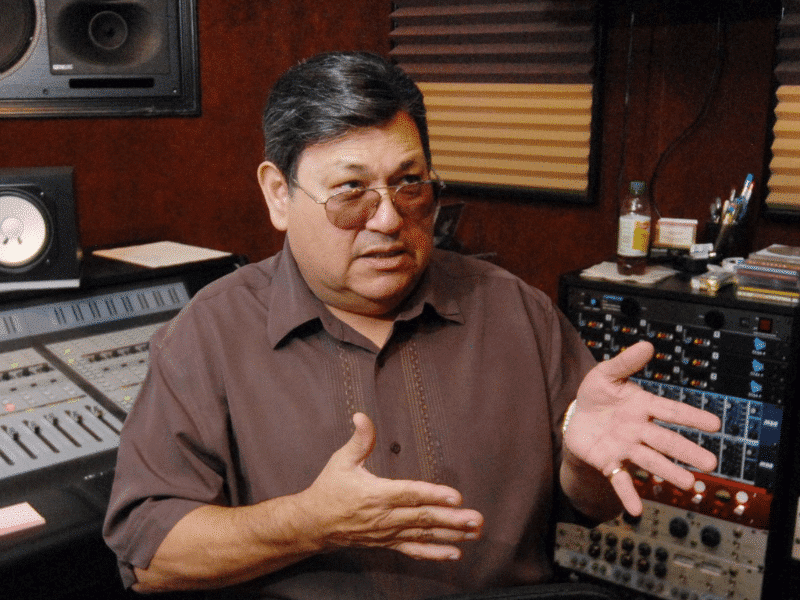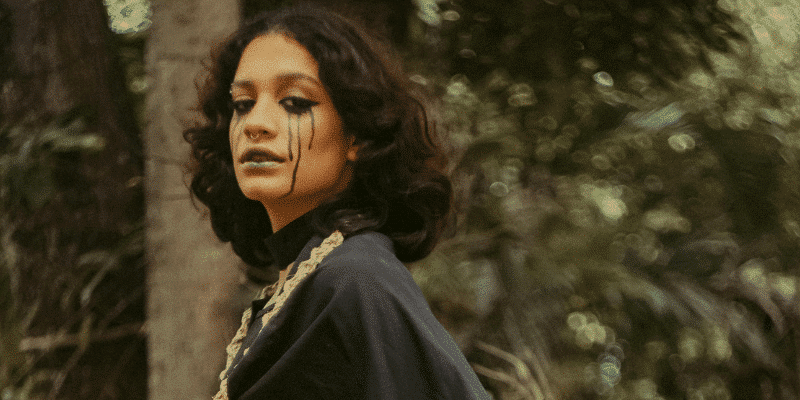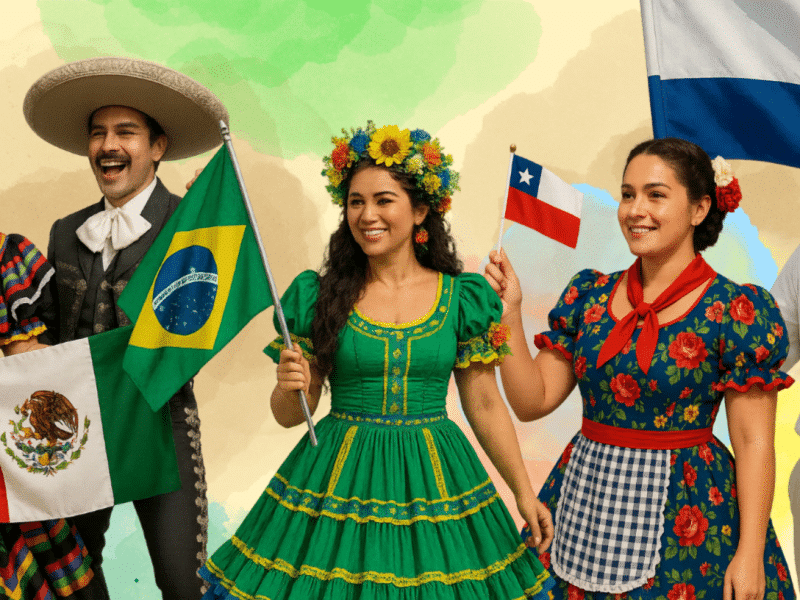Afro-Venezuelans Own Their Roots, and We’re Here for It
Many Afro-Venezuelans are connecting deeply with their roots, and the deeper they go, the more they tear away at the anti-Blackness that plagues Latin-American culture.

Discrimination and racism are a reality in Latino culture. Often dismissed or minimized, racism has deep roots in Latin America. Afro-Venezuelans face job rejections, racial profiling, and discrimination, which is only a glimpse of the challenges Afro-descendants experience in Latin America, and, as we know, across North America as well. Yet despite constant discrimination, they own their roots proudly.
In Venezuela, data on its Afro population wasn’t collected until 2011. The government very blatantly erased their existence by not including their identity in the census.
As a result, many Afro-Venezuelans don’t self-identify as Afro or Black, often due to the negative connotations and blatant racism related to identifying as an Afro-descendent.
Despite this, the resilience of carrying out their traditions and culture continues to be present. Even though they’ve struggled with being acknowledged and recognized as fully realized Venezuelan citizens, they continue to fight for their Afro-Venezuelan identity. The progress can be seen in the growing number of hair salons that cater to Black hair. These places are slowly but surely helping other Afro-Venezuelans wear their hair proudly.
Despite some of the recent gains, the belief that there’s “bad hair” and “bad skin color” continues. Because of widely adopted Eurocentric beauty standards, straight hair still gives status and opens doors to everything from better societal treatment to job opportunities. Even though Black hair has a rich history and is more than just about beauty aesthetic, for many Afro-Venezuelans, giving in to relaxed and straight hairstyles can sometimes be a choice that’s made out of necessity, and not by preference.
Hair isn’t the only way Afro-Venezuelans are showing their pride.

Hair isn’t the only way Afro-Venezuelans are showing their pride. Mesi Walton writes in his piece Afro-Venezuelan Cultural Survival, Afro-Venezuelans “intentionally carry on a connection to the gods, the universe, and nature” through heavily drummed music during festivals and through the agricultural cultivation of land that carries on farming traditions.
Many Afro-Venezuelans are connecting deeply with their roots, and the deeper they go, the more they tear away at the anti-Blackness and racism that continues to plague Latin-American culture.
What other traditions do you know of that are connected to African heritage? Share this story and let us know @theluzmedia on Twitter.




